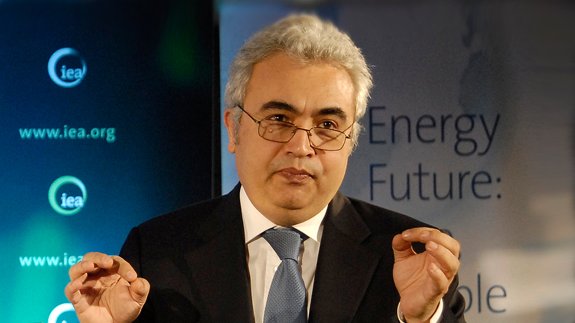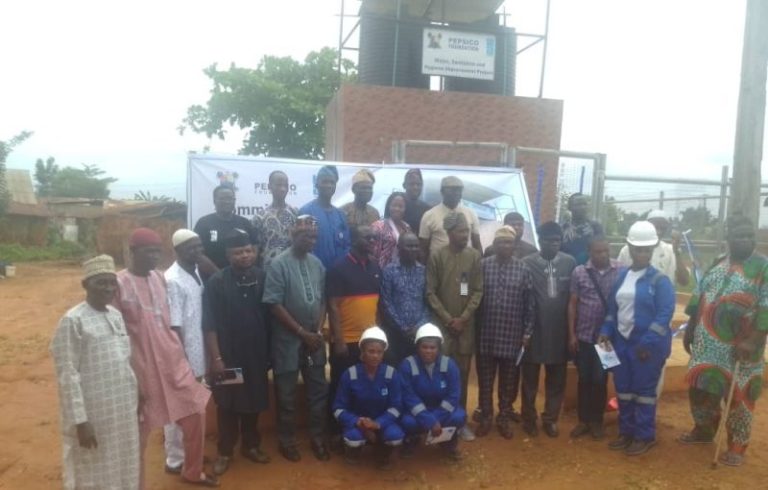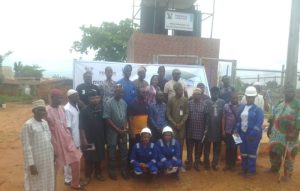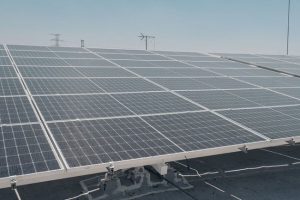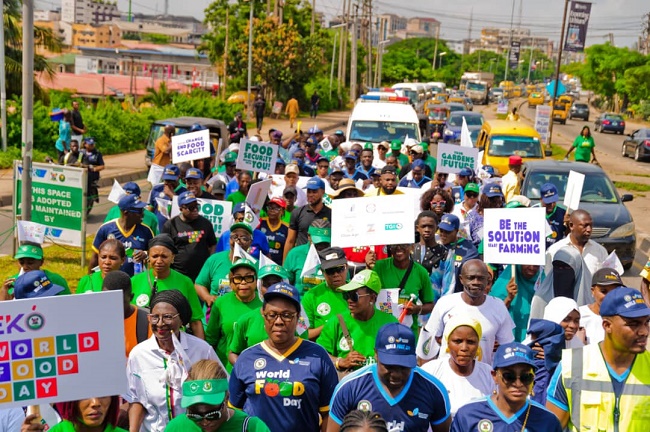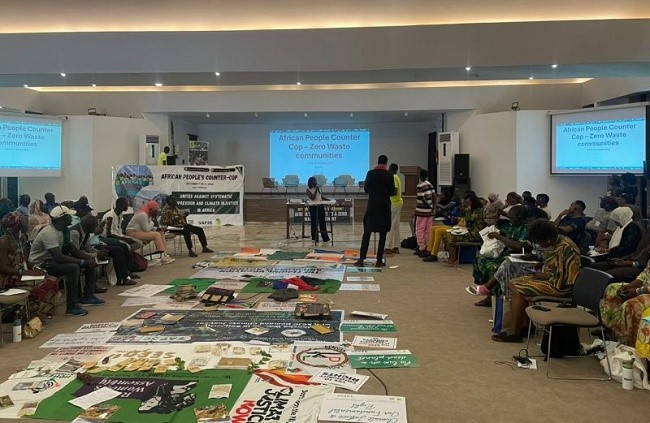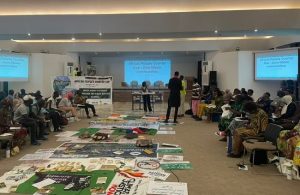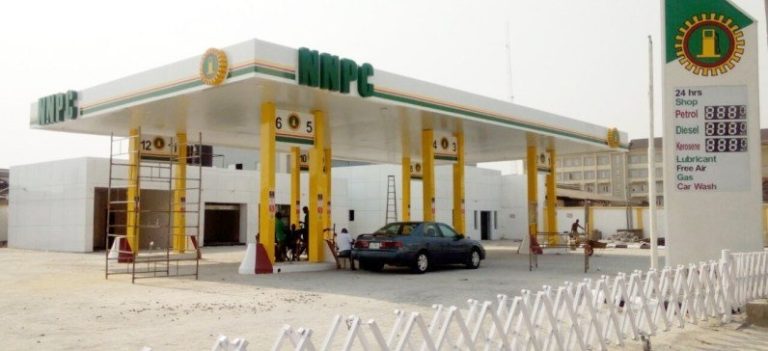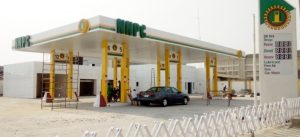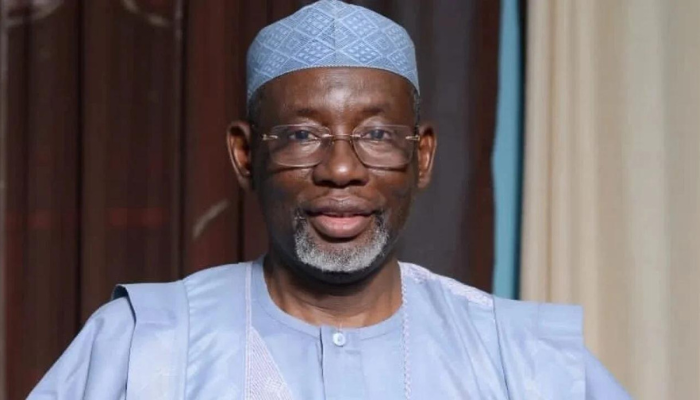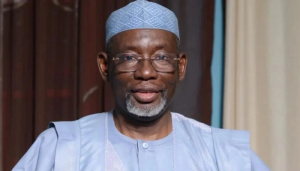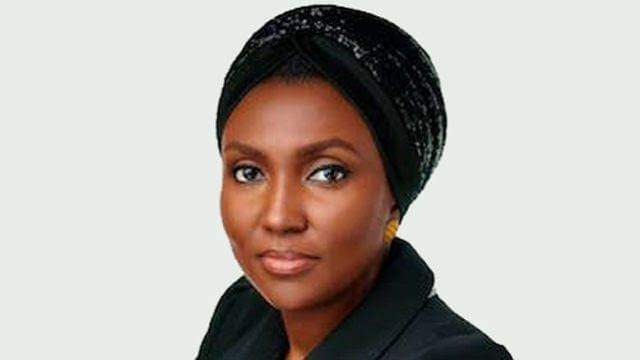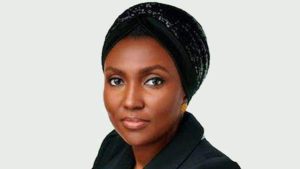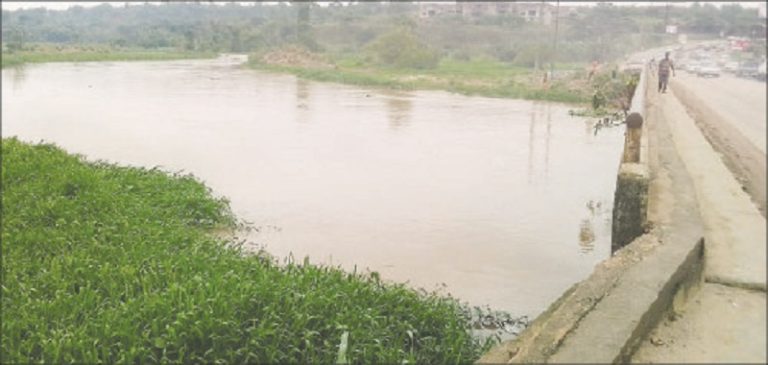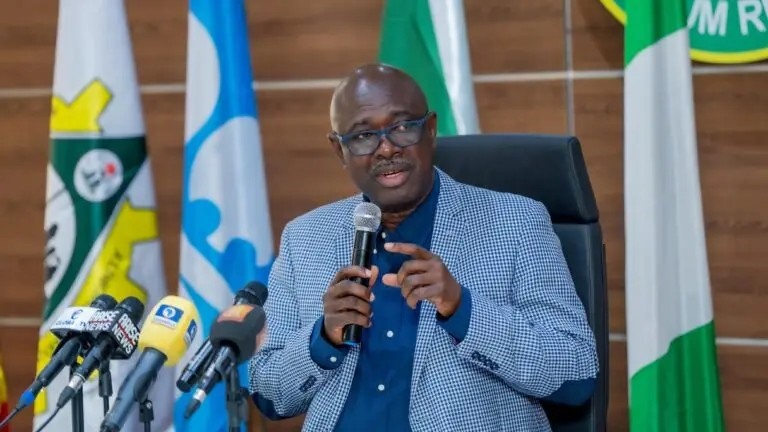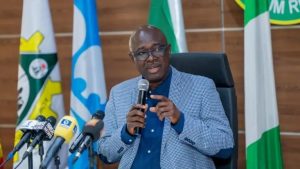A recent report from the International Energy Agency (IEA) predicts a dramatic surge in the world’s renewable power capacity over the next decade, potentially matching the combined electricity generation capacity of major economies such as China, the European Union, India, and the United States.
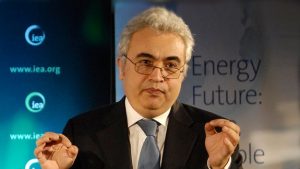
According to the IEA Executive Director, Fatih Birol, “Renewables are moving faster than national governments can set targets for. This is driven not just by efforts to lower emissions or boost energy security, but increasingly because renewables today offer the cheapest option to add new power plants in almost all countries.”
Birol further noted that the growth of renewables, particularly solar, will transform electricity systems worldwide within a decade. “Between now and 2030, the world is on course to add more than 5,500 gigawatts of renewable power capacity – roughly equal to the current power capacity of China, the EU, India, and the US combined. By 2030, we expect renewables to meet half of global electricity demand.”
The Renewables 2024 report indicates that global renewable energy additions are expected to exceed almost three times the increase recorded between 2017 and 2023. China is set to lead this expansion, accounting for nearly 60% of all new installations, which would position it to host almost half of the world’s total renewable power capacity by the end of the decade.
Solar photovoltaic (PV) technology is projected to dominate this growth, contributing to 80% of the new capacity through the development of large solar power plants and increased rooftop installations. The wind sector is also expected to rebound, with its expansion rate predicted to double in the coming years. This shift to renewables is vital not only for reducing emissions and enhancing energy security but also for economic benefits, as wind and solar become the most affordable electricity generation options in numerous countries.
However, the report highlights several challenges, particularly in integrating renewable sources into existing power systems.
Many countries currently face significant rates of electricity curtailment – where potential renewable generation goes unused – reaching around 10% in some areas. To address these issues, governments must focus on improving grid infrastructure, enhancing system flexibility, and streamlining permitting processes.
With the share of renewables in final energy consumption expected to rise to nearly 20% by 2030, policymakers are urged to accelerate the adoption of renewable fuels such as biofuels, biogases, and hydrogen. Although these fuels remain less competitive than fossil fuels, their integration is essential for meeting international climate goals.
The manufacturing landscape is also evolving, with global solar manufacturing capacity projected to surpass 1,100 GW by the end of 2024, largely driven by China. However, significant disparities in production costs present challenges for other countries, highlighting the need for balanced policies that promote local manufacturing while considering job creation and energy security.

